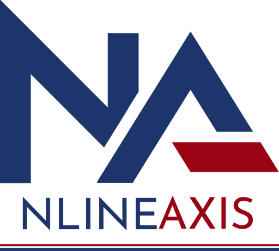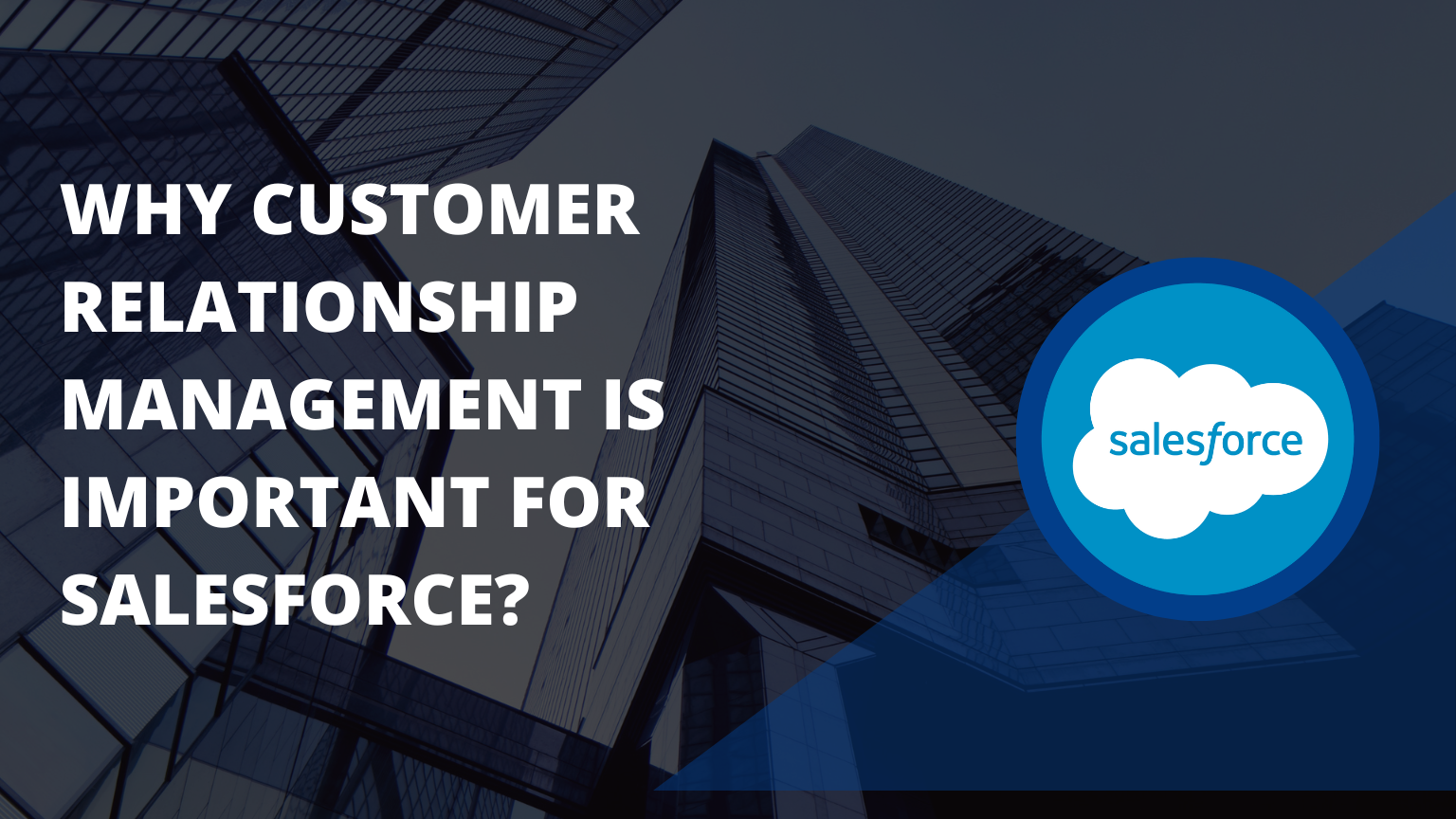Why CRM Software is Important For Salesforce?

CRM software is an integrated set of apps, typically on the cloud, that gathers and maintains customer data. Examples of these applications are marketing, sales, and service clouds. To ensure that no client feels forgotten, it gives sales teams a common platform to monitor customer contacts and prioritize tasks. This improves customer experience (CX).
One of the most crucial sales tools in a sales representative’s toolbox is CRM software. More than just a contact management system, it is. A CRM gives sales representatives the opportunity to spend more time with clients and potential clients when used to its full potential. More transactions are closed and more devoted clients stick around when consumers are given more time.
A fully integrated, cross-functional CRM system will be advantageous to businesses of all sizes.
Reasons Why a CRM Tool Is Required?
CRM software offers a solution, like the majority of cloud software purchases do. Sales have decreased. Clientele is emigrating. The economy is stagnant.
A CRM system boosts leads and speeds up the process of finding new customers by effectively storing and maintaining the information about your clients. It helps your sales staff close more transactions more quickly. Furthermore, it improves customer service. For instance, contact center agents may better serve the demands of the consumers in a more engaging, fruitful, and effective manner by adding customer data to your customer service software.
Here are eight indicators that it might be time to think about putting a CRM system in place, to be more precise.
1. Sales is a Struggle
At some time, all businesses must expand into new markets or roll out new goods. However, you might need to make an investment in an integrated CRM system if you are having trouble keeping up with the business you are currently producing. Your sales team can concentrate on opportunities that are likely to close and give accurate answers to customers quickly and efficiently by sorting, analyzing, and prioritizing your sales leads with a CRM, and your customer service team will have the knowledge they need for upselling and cross-selling.
2. Customer Profiles Are Difficult To Build
When it comes time to create your ideal customer profile, you will only be able to guess if you are unable to discover all of your client data points. Additionally, you won’t be able to see what your sales staff is doing. To get this information, you will need to convene additional status meetings, which will keep your salespeople from serving clients and exacerbate the problem.
3. Customer Service Is Not Good
- Are handling times at contact centers sky-high?
- How long does it usually take you to respond?
- Is your customer retention rate slipping?
- Do you have an abysmal net promoter score (NPS)?
Let’s say that instead of proactively engaging with consumers, your customer support agents are only responding to their problems. In that instance, it’s time to spend money on a CRM technology for the customer care team so that representatives can provide exceptional support. Additionally, your CRM must to offer the following:
- To manage low-priority, high-volume inquiries and route cases to the appropriate agents, use digital assistants or chatbots.
- Tools for knowledge management that may be used for consumer self-service and to aid agents in responding to inquiries
- Customers may contact your customer care staff whenever and however they want thanks to a number of digital customer service options, such as live chat, video chat, telephonic, and browsing capabilities.
4. Sales Departments and Marketing Aren’t Collaborating
A strong CRM may serve as the focal point for several teams since it can store all kinds of information. Many client complaints are caused by a lack of departmental coordination. They are compelled to speak again. Promises that were made to them are broken. Nobody appears to be aware of their past. Customers will depart if there isn’t seamless coordination across all teams.
It can be challenging to coordinate corporate activities across sales, customer service, marketing, and even back-office functions (such invoicing, inventory, or logistics). However, all staff members may access, utilize, and update data if all the parts of a CRM have a similar data model. They can work together and exchange knowledge, leads, problems, and buying information.
5. High-value Accounts Are Unknown
If you don’t know who your top customers are, it might be difficult to prevent them from feeling undervalued. Any employee that interacts with customers may recognise them, offer the appropriate rewards, and nurture them by using the appropriate Salesforce CRM technology, which will help to enhance customer loyalty.
6. Cannot Identify Contacts Within An Account
CRM programmes may assist businesses maintain track of their contacts, enabling the sales and marketing teams to customize communications. To ensure that all information is comprehensive and current, good CRM solutions may augment their account and contact data with information from outside sources. Your sales, service, and marketing teams will thus be informed if a contact changes jobs, enabling them to retain and forge new connections with key stakeholders.
7. Inaccurate Customer Data
For brands everywhere, incomplete and inaccurate data is a serious problem. With the help of intelligent duplication removal and the automated flow of second- and third-party accounts and contact information into your CRM system, good CRM systems complete the information gaps left by salespeople.
8. Forecasting and Reporting Are Difficult
Reports that you can still generate by downloading data into spreadsheets are likely erroneous and take a very long time to prepare. Inaccurate reports result in poor forecasting and planning. The time-consuming administrative activities on the other hand prevent your sales force from doing what they should be doing, which is selling.
A strong CRM system maintains data in a single, easily accessible location that is centrally positioned, making accurate, real-time reporting and forecasting simple.
Conclusion
For all transactional, business, and customer data that has been obtained about your customers, your CRM system acts as a single source of truth. The company’s employees may track a client’s development through marketing, sales, and service or work with the same customer. Because everyone who has access to your CRM Software has the most recent information, they can collaborate. Contact Nlineaxis IT Solutions Private Limited to learn more about CRM.


